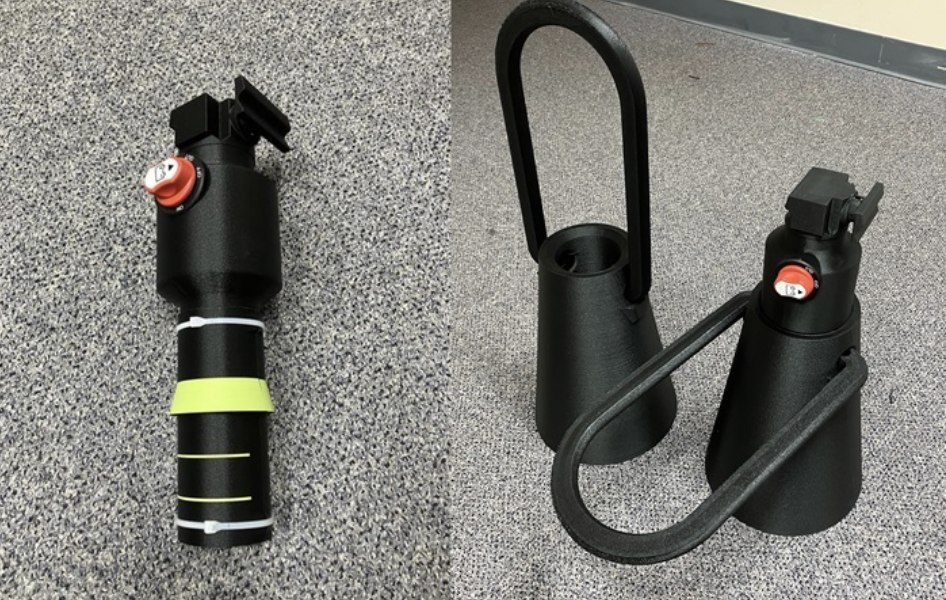Approximately 170 University Healthcare and Piedmont Augusta retirees have filed a lawsuit demanding the hospital honor its promise to provide a Medicare supplemental plan when they reach age 65.
The “hidden paycheck” benefit – available to those with 30 years or more of continuous service – was used as both a recruitment and retention tool as University competed with Augusta’s multiple hospitals for healthcare workers, until the benefit was discontinued for new hires in 2005.
As Piedmont began the transformation of University Hospital into Piedmont Augusta last year, hundreds of retirees were informed the benefit they relied upon was no longer a sure thing.
“I just had no reason to think it would not happen, because it was on printed rate sheets and benefits guides for so many years,” said Ken Sweatman, who retired as a system engineer with 38 years in University’s IT department.
As word got around, the retirees organized and decided to hire Augusta attorney Jack Long, who filed the lawsuit Tuesday in Richmond County Superior Court.
When Piedmont took over in March 2022, it naturally assumed University’s contractual obligations, the suit said. While they aren’t plaintiffs, more than 200 others who remain employed at Piedmont also were promised the benefit. Another 13 ages 60-64 also will be harmed by losing it, it said.
Around the same time Piedmont told the retirees the benefit was not guaranteed for their lifetimes, it entered a severance agreement with former University Healthcare President James Davis.
Included with the lawsuit, the agreement is to pay Davis three years’ salary – last known to be $1.67 million annually – as well as a lump sum payment for three years’ worth of medical, dental, life and disability insurance.
Sometimes called a Medigap policy, the supplemental plan kicks in at the same time a person becomes eligible for Medicare. It helps seniors cover medical expenses that exceed what Medicare will cover.
Sweatman said his supplemental plan is an AARP United Healthcare individual policy that costs around $135 a month. While he could potentially take over payment of the premium, his colleagues on a group Aetna supplemental plan could face greater hardship if Piedmont dissolves the group.
The hospital has offered little explanation besides saying retiree benefits are “something they don’t do,” Sweatman said.
Piedmont officials have not responded to recent requests for comment. In a December statement, Elisabeth Wang, executive director of communications and brand building said the benefits will continue for the time being.
“At this time, existing benefits will remain in place while we continue to evaluate the current total compensation and benefits package among industry standards,” Wang said.
A 2021 actuarial study performed for the nonprofit put the annual cost of the policy at $1.1 million and its lifetime cost at $25-32 million.
Sweatman said he and others in the group are optimistic.
“I guess we have to be, or we wouldn’t have carried it this far, right? Either we’ll prevail and help out a lot of retirees or we’ll be stuck with a big legal bill,” he said.
The lawsuit calls for a declaratory judgment forbidding Piedmont from terminating its contract with the retirees and seeks attorney’s fees.
PIedmont’s acquisition of seven Georgia hospitals that began in 2021 brought its total to 19, including hospitals in Athens and Macon and two in Columbus. Piedmont also owns 95 primary care centers, 65 urgent care, 28 surgery centers and 205 medical specialist practices.








